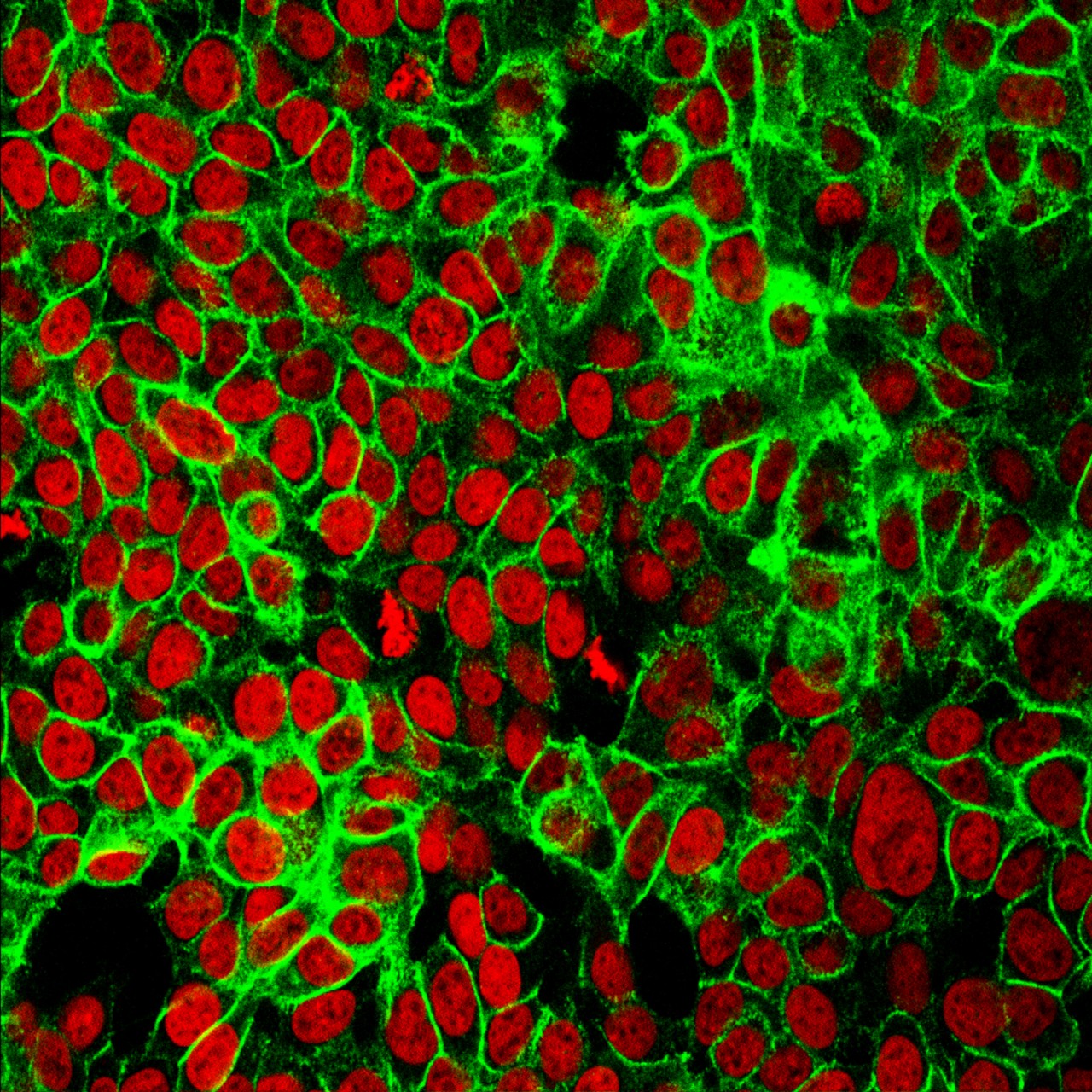
MSN highlights UC research on diet and colorectal cancer risk in young people
As colorectal cancer cases in patients under 50 have steadily increased over the past decade, researchers are continuing to search for causes for the increase.
MSN recently highlighted the work of the University of Cincinnati's Jordan Kharofa, MD, who led a team that analyzed microbiome data from colorectal cancer patients and healthy control patients to see if certain bacteria were elevated and leading to higher cancer rates in young people.
The team found one species of bacteria was elevated that is associated with a sulfur microbial diet. This diet is high in processed meats and low in raw fruits, vegetables and legumes.
“Although these patients aren’t obese, there may be dietary patterns that happen early in life that enrich for certain bacteria such as this one,” said Kharofa, associate professor in the Department of Radiation Oncology in the University of Cincinnati’s College of Medicine, a University of Cincinnati Cancer Center member and a UC Health physician. “It’s not that what you’re eating has carcinogens in them, but the byproducts produced during bacteria metabolism may lead to carcinogenic chemicals. It’s possible that interactions between diet and the microbiome may mediate the formation of colorectal cancer cells and heightened risk in younger populations over the last several decades.”
Further research is needed, but Kharofa said young people could eat more raw fruits and vegetables and legumes and less processed meats to potentially lower their risk of colorectal cancer.
Read the MSN story in English.
Read the MSN story in Spanish.
Featured photo at top of colorectal cancer cells courtesy of the National Cancer Institute.
Related Stories
Mural by UC grad honors U.S. military history
July 17, 2024
Local 12 highlighted a new mural by University of Cincinnati graduate and artist Brandon Hawkins that pays tribute to U.S. military history.
Social media fuels extreme political rhetoric
July 17, 2024
UC College of Arts and Sciences Professor Jeffrey Blevins tells Local 12 that online algorithms fuel political polarization on social media.
Camp aims to empower children, teens who stutter
July 17, 2024
A one-week, evidence-based program for children and teens who stutter at the University of Cincinnati will teach kids to communicate effectively, advocate for themselves and develop confidence about their communication abilities. Camp Dream. Speak. Live., which is coming to Cincinnati for the first time July 22-26, began in 2014 at the University of Texas at Austin. The Arthur M. Blank Center for Stuttering Education and Research at UT expects to serve more than 2,000 children at camps across the United States, Africa, Asia and Europe this year.
